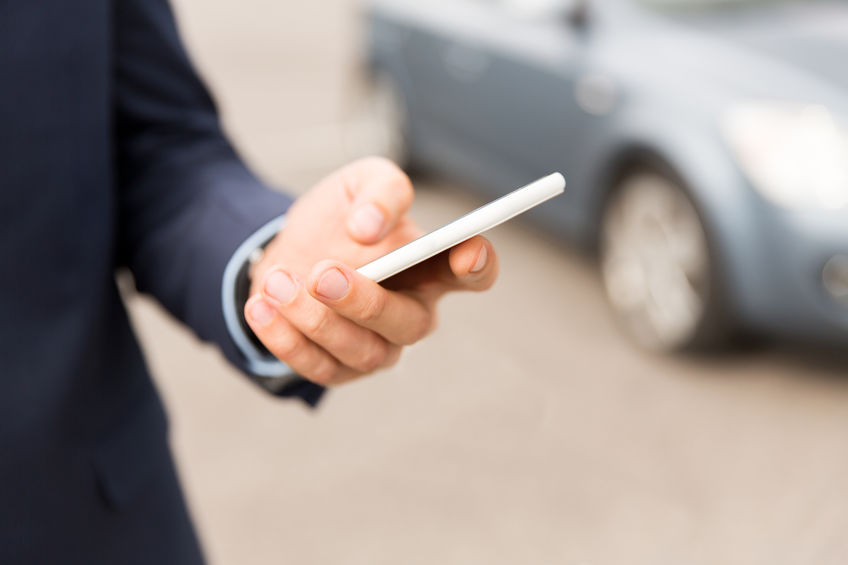By John Salak –
Cell phones may soon become a new and effective weapon in the battle against drunk driving and over-indulging in general.
For years, cell phones have used by people to call others for help if they’ve had too much and didn’t want to risk driving a car. Now, however, preliminary research indicates that cell phones can actually help determine if someone has had too much to drink by monitoring how they walk, helping to eliminate any questions about getting behind a wheel, discouraging additional consumption, alerting sponsors or simply avoiding dangerous activities while impaired.
“We have powerful sensors we carry around with us wherever we go,” said lead researcher Brian Suffoletto, M.D., who was with the University of Pittsburgh School of Medicine when the research was conducted and is now with Stanford University School of Medicine’s Department of Emergency Medicine. “We need to learn how to use them to best serve public health.”
Suffoletto has personal experience on the impact of drunk driving and intoxication in general, having lost a friend in a related car crash and then working as an emergency physician. Consequently, he is focused on using digital technology to combat the problem.
His work involved studying the impact of over consumption on 22 adults under controlled circumstances and then using a cell phone on each participant’s back to measure how they walked in a straight line 10 steps forward and then turning around and coming back.
The smartphones measured each participant’s acceleration and mediolateral (side to side), vertical (up and down) and anteroposterior (forward and backward) movements while walking.
About 90 percent of the time, they were able to use changes in person gait to identify when they were legally intoxicated by measuring walking changes against breathalyzer reports showing alcohol concentration in excess of .08 percent, the legal limit for driving in the United States.
Admittedly, the results are not widely applicable now for several reasons, including that people generally don’t carry their phones on their lower backs. But the results do create a foundation for additional research and development.
“This controlled lab study shows that our phones can be useful to identify ‘signatures’ of functional impairments related to alcohol,” Suffoletto says.
“In 5 years, I would like to imagine a world in which if people go out with friends and drink at risky levels,” Suffoletto says, “they get an alert at the first sign of impairment and are sent strategies to help them stop drinking and protect them from high-risk events like driving, interpersonal violence and unprotected sexual encounters.”













